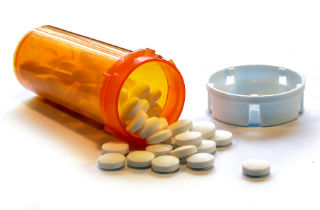Methadone dosing treatment
In the past, methadone clinics mistakenly tried to keep the methadone dose of their patients as low as possible, and rarely went above sixty or seventy milligrams per day. Since that time, multiple studies have shown that patients on low doses of methadone hydrochloride are more likely to drop out of treatment, or keep using other opioids. Now, good opioid treatment centers try to get their patients to a blocking dose, so that patients get the maximum benefit. Like chemotherapy, if a patient is going to use methadone as a treatment, they need to take enough for it to be effective.
Not understanding the optimum doses for methadone, many family members will pressure the addict to reduce their dose, mistakenly thinking that if they have to be on methadone, the less, the better. However, studies show that patients use less illicit opioids if they’re on adequate doses of methadone. Patients on sixty milligrams of methadone or more are more likely to be retained in treatment for their addiction.
Semisynthetic opioids discussion
Patients being treated for opiate addiction do better with adequate doses of methadone. This is why methadone 60mg has become the standard in methadone maintenance treatment programs. Still, methadone can be harmful if not used properly. And methadone 60mg is not the only or the best answer for every opioid-addicted person. See a list of effects of methadone here.
But what do you think about the 60 mg dose of methadone? Has methadone 60mg worked for you? Are the effects of treatment with methadone worth the outcome?









Related Posts